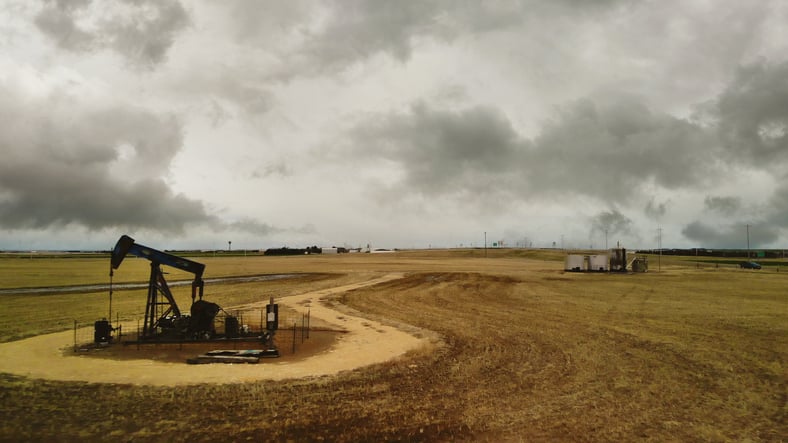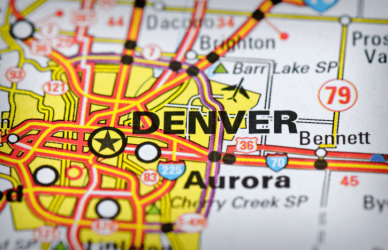On December 29, a pipeline operator was able to restore a damaged section of the Keystone Pipeline in Kansas several weeks after a spill dumped 14,000 barrels of crude oil into a rural creek.
T.C Energy’s Keystone pipeline has been officially restarted after repairs, inspections, and testing were completed in northeast Kansas to fix the damage caused by a major spill on Dec. 7. Spanning 2,700 miles across Canada with lines running throughout central Illinois and all the way down to America’s Gulf Coast region, this is one important piece of infrastructure necessary for carrying heavy crude oil extracted from tar sand in western Canadian regions.
The U.S. Department of Transportation has given the go-ahead to T.C. Energy’s restarted pipeline section, with the caveat in place for it to run at a lower pressure than before while investigations continue into what caused its previous oil spill.
“We recognize that incidents like this raise questions. We have questions too. We are committed to asking those tough questions, fully investigating and sharing our learnings and actions,” Richard Prior, the company’s president for liquids pipelines, reportedly said.
Last week, the company reported that they had managed to recover more than half of what was spilled – 7,700 barrels of crude oil. Fortunately for local communities, drinking water supplies remained untouched by this incident and no evacuation was necessary. According to data collected from the U.S. Department of Transportation, the spill was the largest onshore leak in nine years and larger than all 22 previous Keystone spills combined.
“We will not rest until we have recovered and remediated the areas affected by this incident,” Prior reportedly said in a message. “No incident is ever acceptable to us.”
The recent spill raises concerns that future spills could contaminate waterways, which will create further opposition to the company’s plans to construct another crude oil pipeline in the same system; the proposed Keystone XL planned to span Montana, South Dakota, and Nebraska. The permit for this project was cancelled by President Joe Biden in 2021, leading the company to pull the plug on the proposed project at that time








